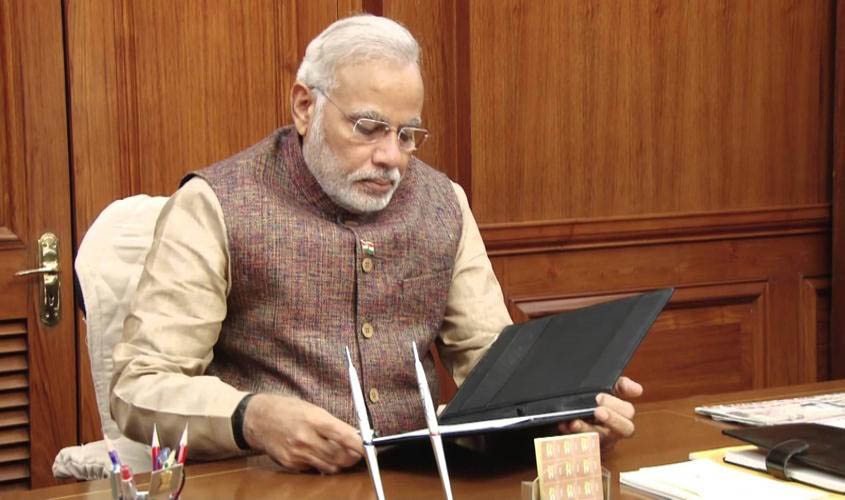Any country which aims to succeed in the 21st century needs to empower rather than constrain its citizens. Unless an act exposes the general public to harm, citizens need to be given the freedom to decide on their own, rather than be led by the nose in the manner of cattle at a farm. The philosophical foundation of India is Sanatan Dharma, which reflects freedom of choice in a manner that few other philosophies do. Individual choice is given primacy, and the decisions made are ratified by the philosophy, rather than reviled. However, between the government and the judiciary, save with the assistance of an electronic microscope, it would be difficult to come across any activity that remains the exclusive preserve of the citizen. Whether it be the workplace or public spaces, the bedroom or the dining area, laws, verdicts and prohibitions abound in such profusion in India that it is reminiscent of the situation in Saudi Arabia.
Four years ago, it was possible that India would be the first country in Asia to recognise the fact that the gender of a life partner belongs in the realm of individual choice, rather than that of the state. The Delhi High Court had struck down the Victorian-era Indian Penal Code prohibition on partners of the same sex. The move was globally welcomed for accepting the 21st century maxim that the citizen has the right to decide on lifestyle matters. The High Court verdict, however, was subsequently struck down by the Supreme Court.
So, rather than India, it is Taiwan that has emerged as the leader in Asia in the matter of the right to decide on matters of personal union. The highest court there last week struck down the longstanding prohibition on same sex marriage, thereby making the judiciary in Taipei far more current with modern trends than is the case with the US Supreme Court, which in some ways remains bound to conventions and practices that ought to have faded away a generation ago. Indeed, the US Supreme Court may even, in coming years, roll back the right to abortion that was given in the Roe vs Wade judgement of 1973. Even there, two justices dissented, with one going on to head the Supreme Court for decades. Especially during the term of Chief Justice Earl Warren, who headed the US Supreme Court for 16 years ending 1969, several judgements were delivered that dramatically increased the power of the citizen vis-à-vis the state. As a consequence, the US shook off the trauma involved in losing the Vietnam War and once again emerged as a global powerhouse, retaining to this day its edge in technology and in the knowledge industries. Dragging US jurisprudence back a century, the way some in the Republican Party seek to do, will ensure that the US gives up its primacy in the global order. However, as yet this has not happened, and overall, freedoms in the US (including freedom of speech, a precondition for rapid growth of the knowledge sector) remain high. In India, by contrast, the HRD Ministry (to take one of several examples) devotes much of its attention towards micro-managing the educational institutions placed in its grasp, bringing in an artificial uniformity and an averaging of standards that has driven out excellence from our educational landscape. Even the PMO has not thus far been able to temper the HRD Ministry’s urge for control.
Freedom of speech by the ordinary citizen is essential if a country is to leverage its human resources in the knowledge industry. In India, getting into trouble because of deliberate or accidental misrepresentation

